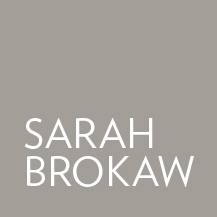Our behavior is often rooted in belief systems that we created in childhood. The problem is, these belief systems are often distorted. I devised this exercise to help clients understand how changing their behaviors can change unhelpful belief systems, which can help them build better relationships and live happier lives.
Think of a time you behaved in a way you weren’t thrilled with. Write out your ABC’s for the event: the Activating event, your underlying Belief, the Consequence and how you could have Disputed the belief to have the ultimate positive Effect. To get started, check out this example of how the ABC’s can help you figure out the patterns behind your daily behaviors.
Activating Event
A driver cuts you off on the 405 from the middle lane into the fast lane.
Belief
Everyone in life has cut you off. From your older siblings who spoke over you at the dinner table to your friend who interrupts you every time you have a conversation to now, the driver who has cut you off.
Consequence
You fight back by following the driver and tailgating him because you are tired of being cut off in the world. Or perhaps you stop your car on the side of the highway and burst into tears because you have felt bullied, ignored and disrespected.
Dispute of the Belief
Working with a therapist or on your own, think about how your family’s unique dynamics may have contributed to the belief system that guides your behaviors today. For example, you may have grown up feeling overlooked by your family members. That family dynamic could stem from your parents’ own difficulties being heard growing up, and their inability to break the pattern with their own children.
Effect
Note how disputing a distorted belief can create the most positive effect. By taking a few deep breaths and reminding yourself that drivers cut each other off all the time, you may be able to forget about the incident and move on with your day.

